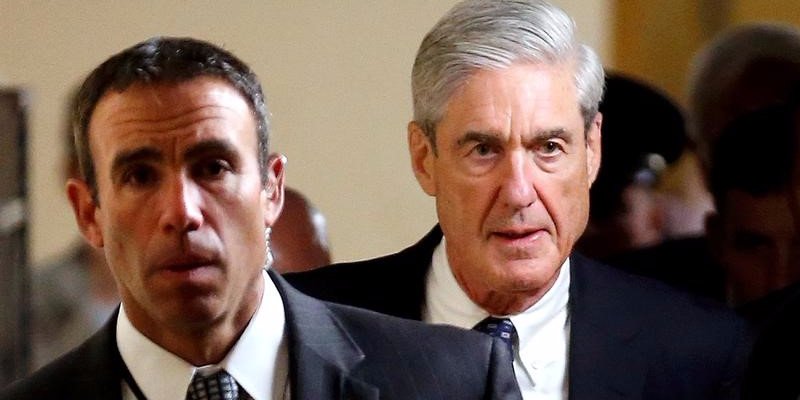
Strzok, who is married, was having an affair with a DOJ prosecutor who briefly worked on Mueller's team and is also married.)
Had Strzok wanted to help Clinton, he had an obvious way to do it: tell Comey that *no language even vaguely resembling statutory language* could appear in his statement.
(a) The best course would've been to excise not only "grossly negligent" but also "extremely careless" from the statement; and
(b) had "grossly negligent" stayed in, Strzok would've failed Comey and Comey would've had to amend his statement.
(a) Comey wrote a bad—even nonsensical—draft of a statement;
(b) Strzok fixed the draft in a necessary and professional way that was conspicuously less protective of Clinton than a lawyer would've advised.
No.
Besides it being sent via an FBI phone, this is all fine.
The real danger of an FBI agent sharing political opinions with a romantic partner is that if those opinions are relevant to a case that agent is working on, the fact that partner has no such affiliations or loyalties could quickly become a problem.
Is Strzok's reference to an "insurance policy" evidence of some kind of "Deep State" coup conspiracy, as our conspiracy theorist president and his conspiracy theory agents in the House claim?
No.
She was making the argument that Trump should get preferential treatment because he was—as a politician—a loser.
And guess what—that's what he did.
The fact that that plot is exceedingly unlikely to be successful doesn't mean you don't investigate it.
And Agent Strzok's reading of the rule of law is *exactly right*.
I didn't want to drag her further into this madness.





